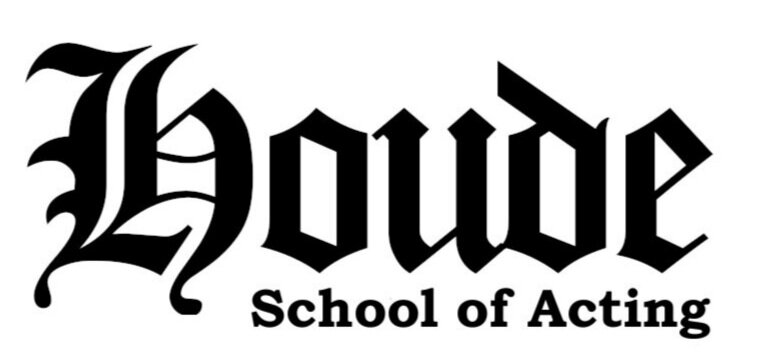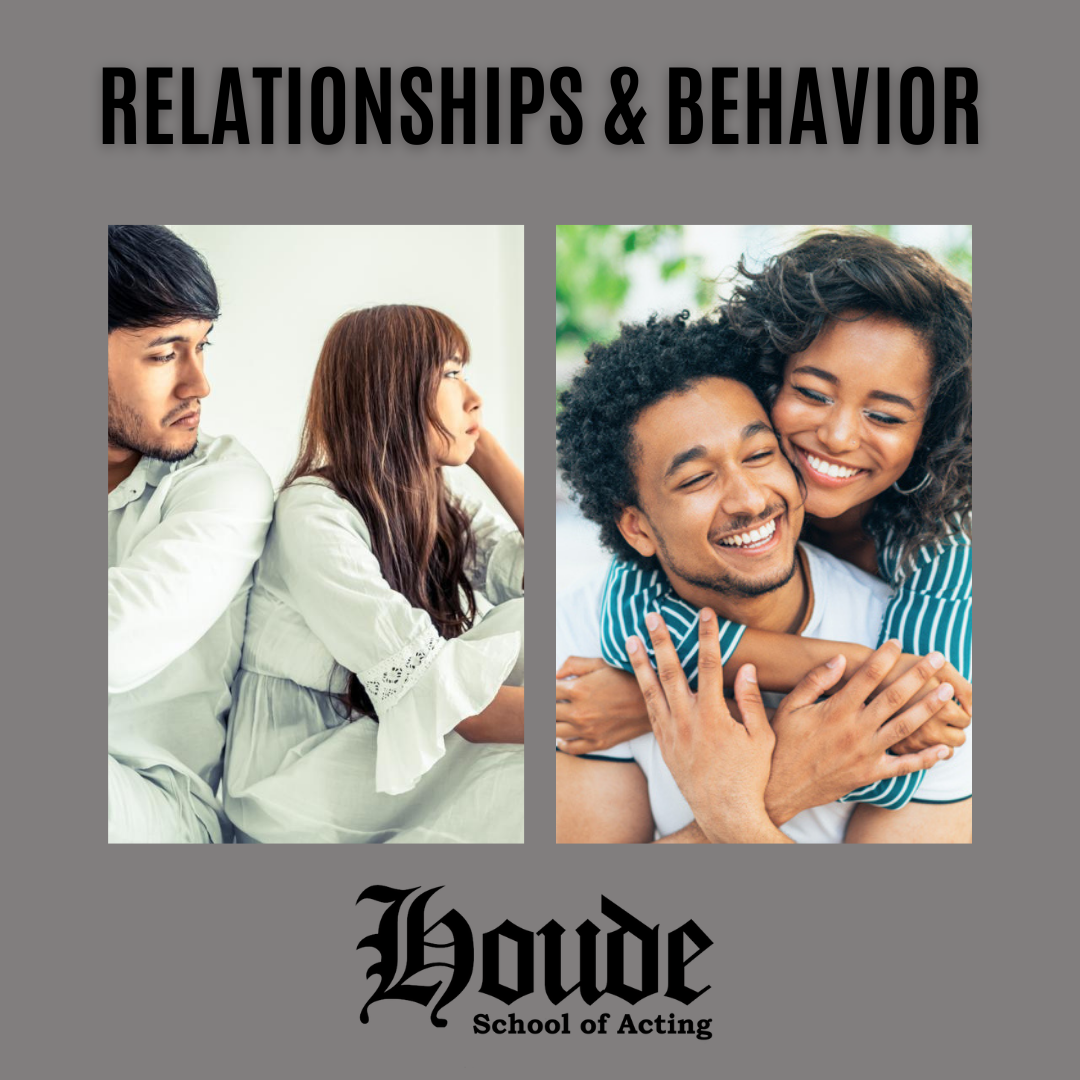Relationships & Behavior
“Sandy,” [a student] asks, “are you saying that when we come up with a make-believe situation for ourselves, we should try to make it so real that it can move us emotionally?” “You must.”
-Sanford Meisner on Acting
Whenever two people enter into some form of exchange with one another, a relationship forms between those people, regardless of how minor it may seem.
It is through our behavior with others that we are able to express our point of view of a particular relationship and establish the nature of what type of relationship it is. In fact, these dynamics between people are often so apparent that no dialogue is usually necessary for an outsider to guess the simplistic nature of what relationship it is that they are watching. Some examples of simple relationships that a total stranger may be able to observe: brother and to sister, husband and wife, acquaintances, complete strangers, co-workers. Each relationship has its own individual set of behavior traits that may only relate to that type specific type of relationship or group. Yet, being human, these exchanges always have more depth than what meets the eyes. What appears to be the obvious state of a relationship to an outsider has significantly more intricacies for those actively engaged in the relationship. The more history two people have with one another, the more complicated each person’s point of view may be. And it is our job as actors to make choices about these ‘make-believe situations’ so we are honestly and truthfully affected by them, as if we are the ones genuinely experiencing those relationships.
Take for example watching three different couples ordering dinner in a restaurant from a distance. The first couple looks a bit more dressed up than the others and are joking across the table with one another, laughing loudly. The second couple is more reserved, him rarely picking his eyes up off of the menu, and her sitting across from him with her arms crossed, glancing around the room. The third couple is also quieter, but he warmly glances in her direction even while she’s focused on the menu.
The set-up is the same for each scenario, yet their behavior expresses how each couple individually feels about each other through their body language and behavior. We instinctually can infer at what point in each relationship how intimately they may or may not know each other. The first couple is likely early on in their relationship, whether they are an official item remains to be seen, but they are actively engaged in the pursuit of something more with one another. The second couple appears to be an item, yet, the ‘honeymoon’ phase of the relationship is over, it’s possible they may no longer be together within a few weeks or months. And the final couple also appears to have been an item for quite some time, are likely married, and are comfortable with each other’s silence. They may not look like that first couple who are giggling and laughing, but they appear comfortable with each other.
So how does this information affect our choices as actors?
As Meisner suggested, we must be certain of all of the encompassing details that are involved in relationships, how those specifics affect our behavior, and how they change our point of view in the present moment. All of the subtle details that naturally occur in real life, we also need to consider in our work as actors. Like the quote above suggests, we need to make the circumstances so believable to ourselves that we have the ability to easily step into this new reality and work spontaneously within it. We have to have all of the details of the relationship confirmed for ourselves in order for us to justify our actions and behavior. By making choices about who this other person is to us and how we feel about them, we develop a natural point of view from the character’s perspective—allowing us to more easily step into that character’s world. Each person’s literal character will come through in our behavior in this way for the audience.
Before jumping into a scene though, we need to deeply examine the relationship laid out in the script and what specific version of that relationship we are looking at. As in our example, “they are a couple” is not a specific enough answer, since we can see different couples can easily be falling in love, or falling out of love.
Meisner himself said this type of work is necessary to justify what is happening, or else the scene will never be as emotionally full or fleshed out as it possibly could be. An actor playing someone from the laughing couple will have different choices and emotional preparations than if they were preparing to play someone from the couple who are almost ignoring each other—and they should, since neither situation is the same.
Yet, the bigger thing that we must always remember when we get to this point in our process, is that we shouldn’t ever forget the present moment. The imaginary circumstances and the choices we have made prior to the scene should always act as our strategy and launch point into the scene. But we must always be willing to let go of any preconceived notions about how the scene will ultimately play out or how we think a relationship “should be”. As always, the present moment must always take a precedence over how we “think” something should work. For example, if we see a relationship between a husband and wife on the brink of divorce having an argument, who is to say that it’s not possible that they may joke one with another during that fight? That they may not have a brief flirtation? If the action is justified and is working towards that character’s doing for the scene, then we shouldn’t inhibit those impulses to do so because of how we think something “must be”.
Our behavior and body language towards each other in our everyday lives tells a greater story about the state of our relationships than we realize—and our acting must be instilled with this same sense of reality. We must consider in each situation the history between these characters, how comfortable they are with one another, and let our behavior reflect the result of these examinations.
by Diana Frankhauser
Want to find out more? Come check out our Virtual and In-Person classes at the Houde School of Acting at the link below. Registration for August is filling up, so please don’t miss your opportunity to claim your seat with us!
https://www.houdeschoolofacting.com/online-registration !

